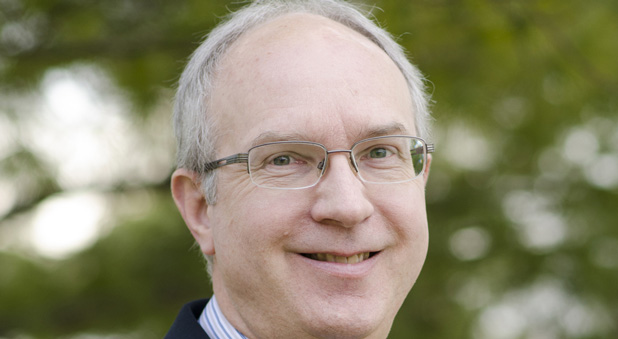With the enormous pressure our teachers are under day after day, it’s no wonder that the risk of burnout is high. Up to 53 per cent of people who hold a teaching degree don’t work in education according to the Australian Bureau of Statistics. Aiming to support teachers and biblically-shaped education, Anglican Edcomm recently brought Dr Donald Guthrie to their annual Christians in Teaching conference in May to share his expertise on what makes a resilient teacher.
Dr Guthrie, from Trinity Evangelical Divinity School in Chicago, is the co-author of Resilient Ministry: What Pastors Told Us About Surviving and Thriving. He suggests that the key to resilience is “struggling well with hopeful perseverance.”
By remembering that God is powerful to change hearts, and that each student is created by him and bears his image, teachers can trust there is hope for change in their students. “The best teachers among us have the expectation that something will happen when they get there. They think people will change, and don’t we think so too? I believe the Holy Spirit can change people... but there’s always one family, one colleague [where it doesn’t seem possible]. For some it may drive us away, as it’s driven many pastors away.
"Change takes time, it’s iterative. It’s a few steps forward and a few back. This is resilience by the way. It is no straight line, march up the hill. Resilience assumes a fallen world with fallen people.”
Asking teachers how they are also changing, Dr Guthrie encouraged them to ensure they have a healthy network of people surrounding them to help them persevere with hope. “Who is on your team, and whose team are you on?” he asks. “Who is contributing to your flourishing? In your life you need some people who are ahead of you, who you can reach out to and say ‘help me, believe it or not I don’t know everything.’ There are also people to the back, who you’re reaching behind to help. There’s lots of students back there, and there are others as well. And reaching to the side, these are your peers. You are at your healthy resilient best when you have a healthy tension of reaching up back and out. Up to get help, back to help others, and out to your peers.”



























